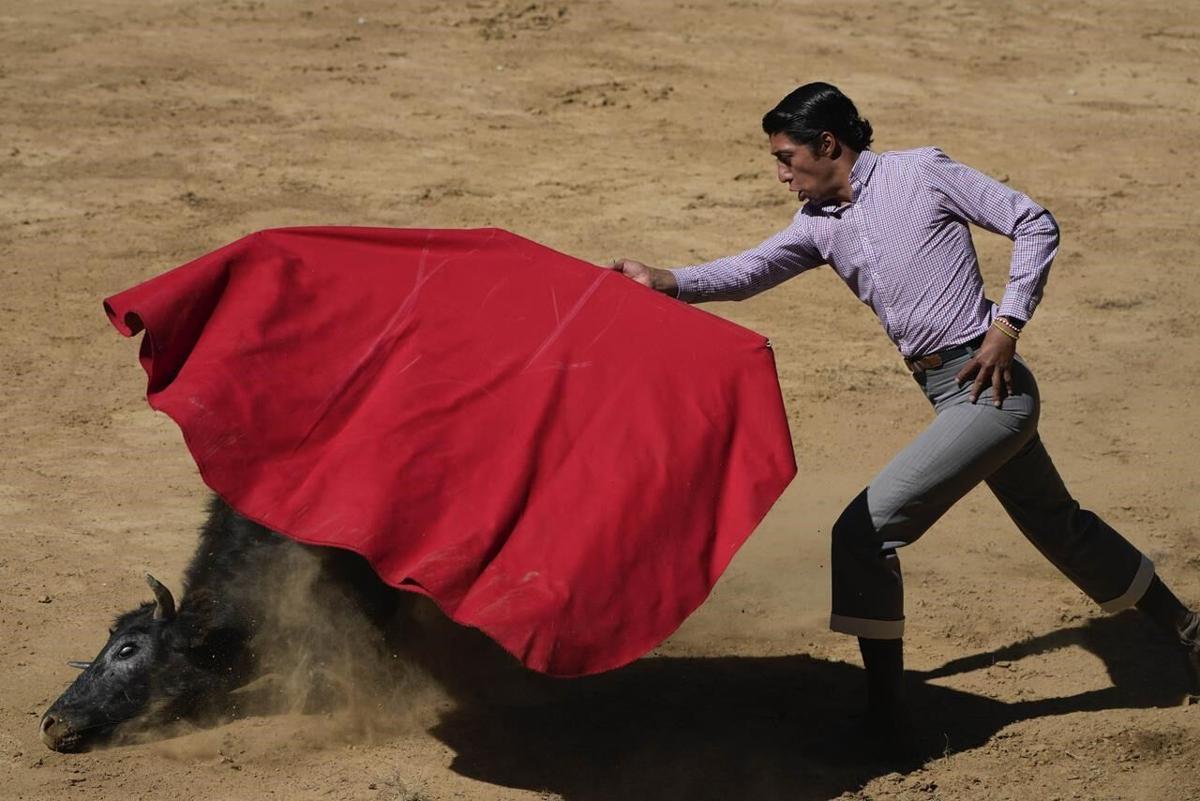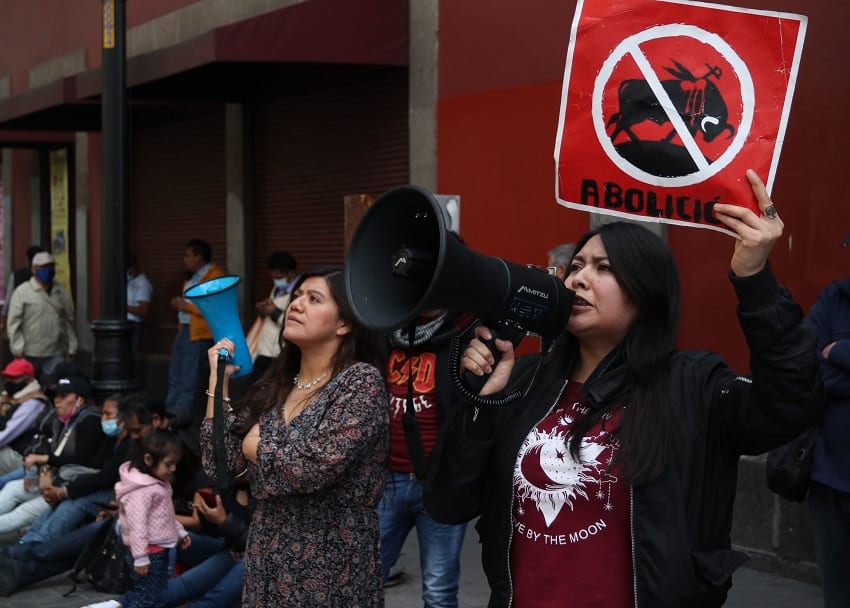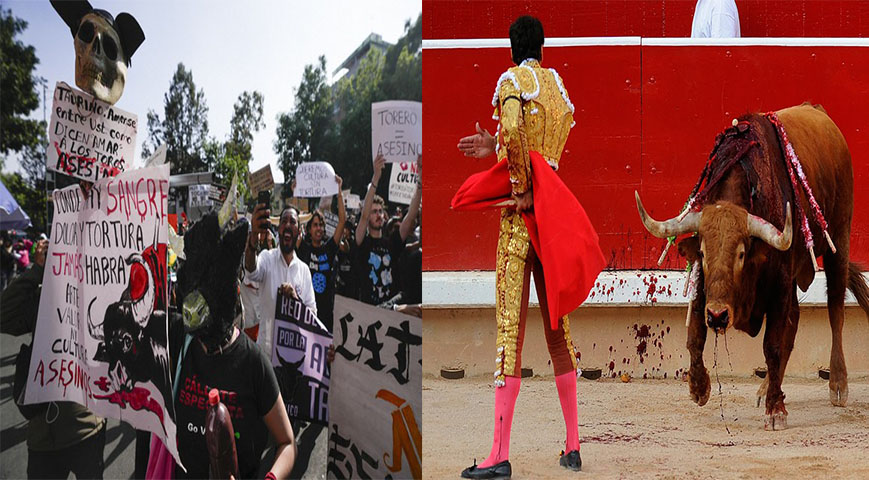Animal rights activists protested outside Mexico City's vast bullfighting arena, calling for a permanent ban after the Supreme Court overturned an earlier decision to ban the sport.
The slogan "Freedom. Bulls, living culture" was inscribed in the mud of Mexico's Monumental Plaza de Toros, the world's largest bullfighting stadium with over 41,000 seats.

The message faded throughout the evening, triggered by charging bulls and side-stepping matadors.
Did you read this?
Sunday's event, which included renowned Mexican bullfighter Joselito Adame, was the first since a court in June 2022 imposed an indefinite ban on the centuries-old ritual in Mexico City, siding with animal rights activists who had filed a lawsuit.
However, the Supreme Court reversed that decision this month without issuing a verdict on the merits. Anti-bullfighting organizations aim for a definitive ruling in their favor in the coming weeks.
.jpg)
"I'm very moved; it's something I've been waiting a long time for," spectator Alejandra Diaz, a 49-year-old educator, told AFP, emphasizing the "importance of bullfighting culture."
Outside the stadium, police prevented demonstrators, some of whom were wearing bull masks and smeared in blood-red paint, from entering.
Dozens of protesters had assembled at the central Glorieta de Insurgentes plaza before marching to the bullring with the banner "Torture is neither art nor culture."

"It's important to be here because they're going to resume their barbarity, their cruelty, their massacre. It must not happen, and we have to send them a pretty clear message," 62-year-old protester Gabriela Martinez told AFP, tears in her eyes.
"We are completely against the fact bullfights have returned, and that these events continue to be held where only pleasure is sought through the torture of an animal," Jeronimo Sanchez, director of the NGO Animal Heroes said.

Following the high court's judgment, President Andres Manuel Lopez Obrador proposed holding a vote on the future of bullfighting in Mexico City.
Four of Mexico's 32 states have already prohibited the practice, which, according to advocates, earned millions of dollars in revenue and employed approximately 80,000 people in 2018.









